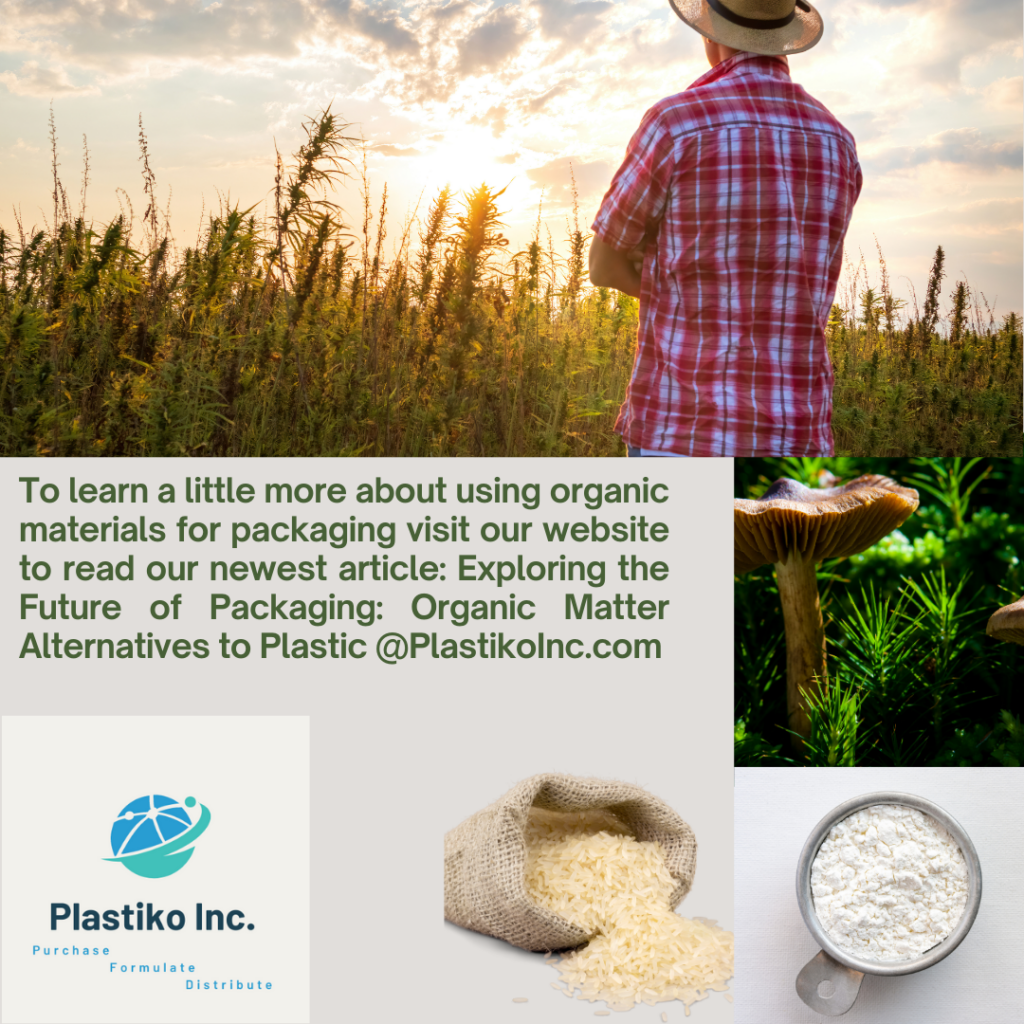Exploring the Future of Packaging: Organic Matter Alternatives to Plastic

In recent years, the environmental impact of traditional plastic packaging has driven innovation toward more sustainable alternatives. One promising avenue is the development of packaging made from organic matter such as fungi, hemp, and other environmentally friendly materials. These alternatives aim to reduce the reliance on petroleum-based plastics, which are notorious for their long degradation periods and contribution to pollution. As consumers become more eco-conscious, the demand for sustainable packaging solutions continues to grow, pushing the boundaries of what is possible with organic materials.
Fungi-based packaging is an exciting development in the realm of green materials. Companies are harnessing the natural properties of mycelium, the root structure of mushrooms, to create biodegradable and compostable packaging. Mycelium grows quickly and can be molded into various shapes, making it a versatile alternative to plastic. This material is not only biodegradable but also requires less energy to produce compared to traditional plastics, offering a double benefit of reduced carbon footprint and waste. However, scaling up production to meet commercial demands remains a challenge that needs to be addressed.
Hemp is another organic material gaining traction as a potential replacement for plastic packaging. Known for its durability and renewability, hemp can be processed into a variety of forms suitable for packaging. Its cultivation also benefits the environment by improving soil health and requiring fewer pesticides compared to conventional crops. Despite its advantages, the economic viability of hemp packaging is still under scrutiny. The production costs are currently higher than those of traditional plastics, making it less competitive in the market. Continued research and development are essential to bring down costs and make hemp-based packaging a feasible option for widespread use.
PLA (Polylactic Acid) and PHA (Polyhydroxyalkanoates) bio-plastics, derived from renewable resources such as corn flour, rice flour, and potatoes, are increasingly being used as sustainable alternatives to conventional plastics in packaging. These bio-plastics offer significant environmental benefits, including reduced carbon footprint and biodegradability. By leveraging agricultural by-products, PLA and PHA help to minimize waste and reliance on fossil fuels. In packaging applications, these materials provide comparable performance to traditional plastics while ensuring that the end-of-life impact is substantially lower, contributing to a circular economy and reducing pollution. Their versatility and eco-friendly nature make them ideal for various packaging needs, from food containers to disposable cutlery and beyond.
One significant challenge is cost; producing PLA and PHA bio-plastics is often more expensive than traditional petroleum-based plastics, primarily due to the complex processes involved in converting renewable resources into bio-plastics. Additionally, these bio-plastics can have lower mechanical strength and heat resistance compared to conventional plastics, limiting their applicability in certain packaging scenarios.
Another challenge is the infrastructure required for effective composting and recycling of bio-plastics. While PLA and PHA are biodegradable under specific conditions, they often need industrial composting facilities to break down efficiently, which are not universally available. Mismanagement in waste disposal can lead to these bio-plastics ending up in landfills or natural environments, where they do not degrade as quickly as intended.
Overcoming these challenges requires advancements in production technology, development of better end-of-life management systems, and sustainable agricultural practices to ensure that the overall impact of bio-plastics is genuinely beneficial to the environment.
While these organic matter alternatives hold significant promise for the future, they are not without their challenges. The primary hurdle is the economic feasibility of scaling production to match the affordability of plastic. The infrastructure and technology required to produce organic packaging materials are still in their infancy, necessitating substantial investment and innovation.
As the industry evolves, it is imperative to find a balance between environmental benefits and economic viability in order make organic material packaging a mainstream solution.
Contact us if you wish to explore recycled resins for your plastic products: 314-558-6700
